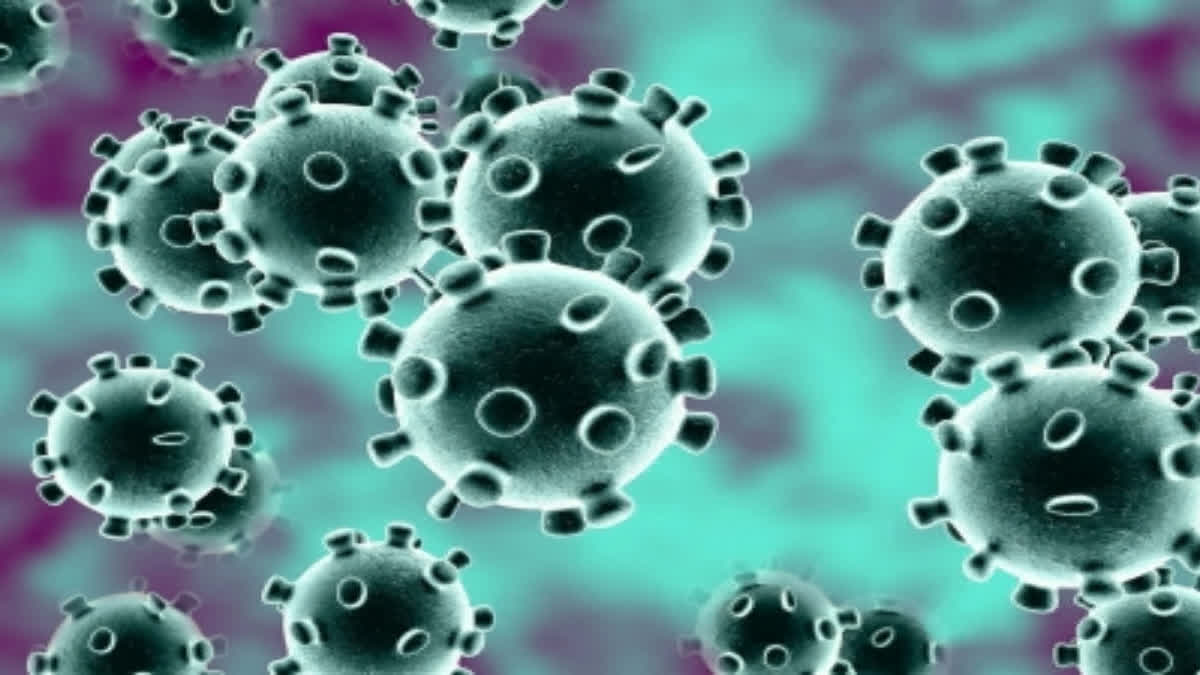New Delhi: Covid infection could increase the risk of developing the Guillain-Barre syndrome in the six weeks after being infected with coronavirus, scientists have found, even as they say the disorder is extremely rare and affects up to 20 persons in every one million people per year.
However, this increased risk could be mitigated by administering mRNA vaccines such as the Pfizer-BioNTech, scientists at medical institutes in Israel have found.
According to the World Health Organization (WHO), Guillain-Barre syndrome is a rare autoimmune condition in which a person's immune system attacks their peripheral nerves.
The initial symptoms of the syndrome include weakness or tingling sensations, which usually start in the legs and can spread to arms and face, the WHO said in a fact-sheet issued in April.
Severe cases of Guillain-Barre syndrome are rare but can result in near-total paralysis, and breathing issues linked to it can be potentially life-threatening. Most people recover fully from even the most severe cases, according to the WHO. In the study, over three million people in Israel with no previous diagnosis of Guillain-Barre were followed for 18 months between January 1, 2021 and June 30, 2022.
Of these, 76 people developed the autoimmune disorder, researchers found. Researchers found that people with a recent COVID-19 infection were six times more likely to develop Guillain-Barre than those without. They came to the conclusion after looking at the participants' history of Covid infection and vaccination during the six weeks prior to the diagnosis of the syndrome.
Also read- UK health agency asks to prepare for a fresh wave of Covid
Twelve per cent of the people with Guillain-Barre had a recent Covid infection, compared to 2 per cent of the people without, researchers said in their study published in the journal, Neurology. They further found that people recently immunised with an mRNA vaccine were more than 50 per cent less likely to develop Guillain-Barre than those that did not get immunised.
"While Guillain-Barre is extremely rare, people should be aware that having a Covid infection can increase their risk of developing the disorder, and receiving an mRNA vaccine can decrease their risk," said Anat Arbel, the study's author.
"These findings further highlight the benefits of ongoing vaccination programmes with mRNA-based vaccines," said Arbel, a researcher at Lady Davis Carmel Medical Center in Haifa. "The results have important clinical and public health implications," Arbel said.
Also read- Bat genes may play vital role in beating Covid, cancer: Study



